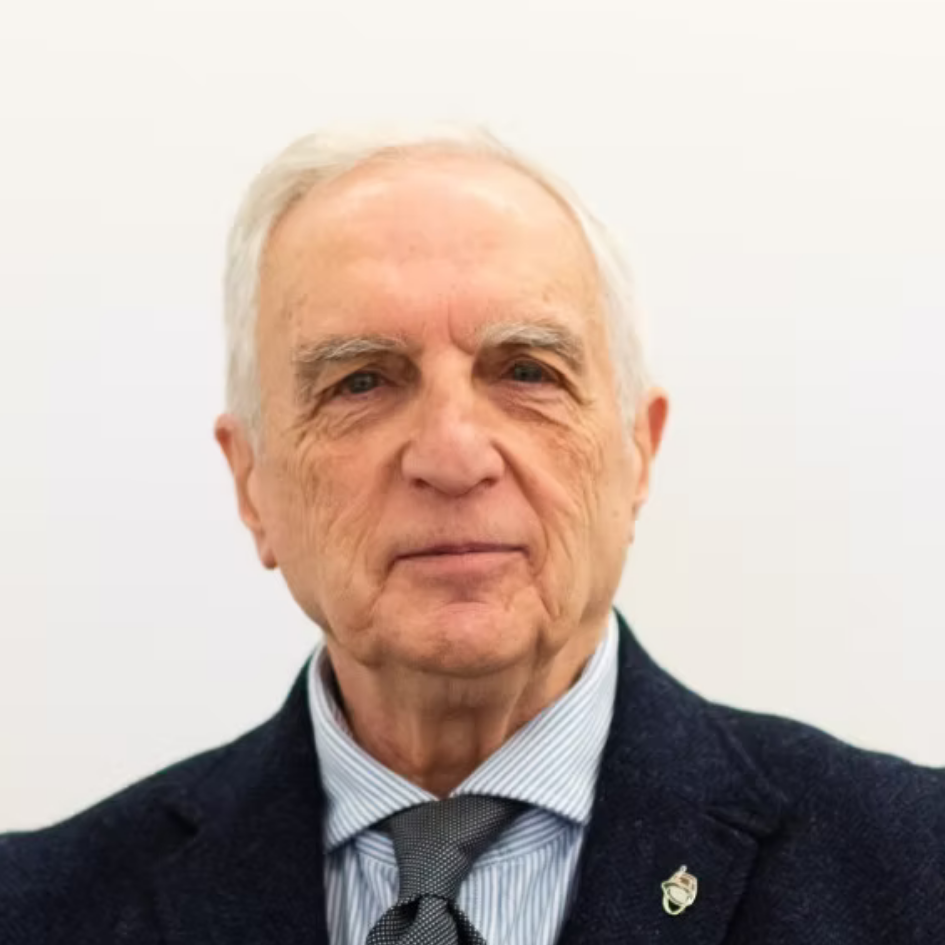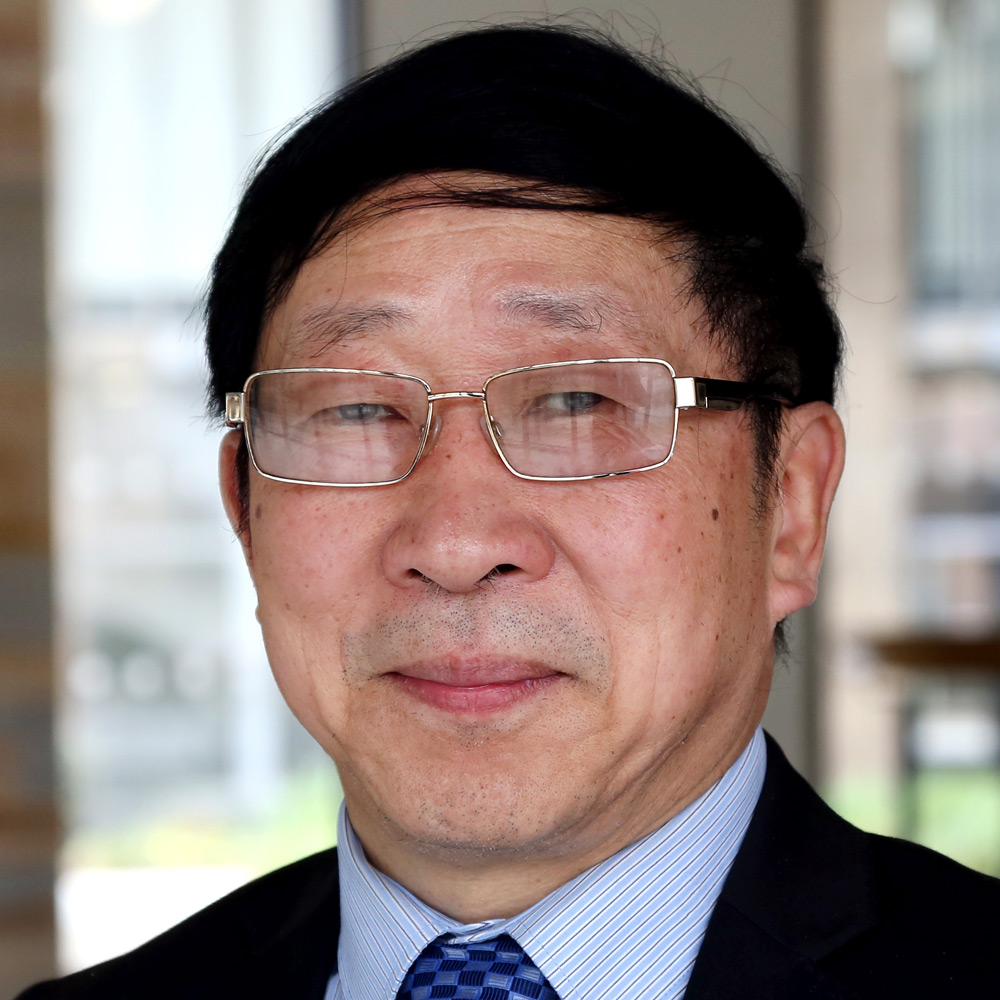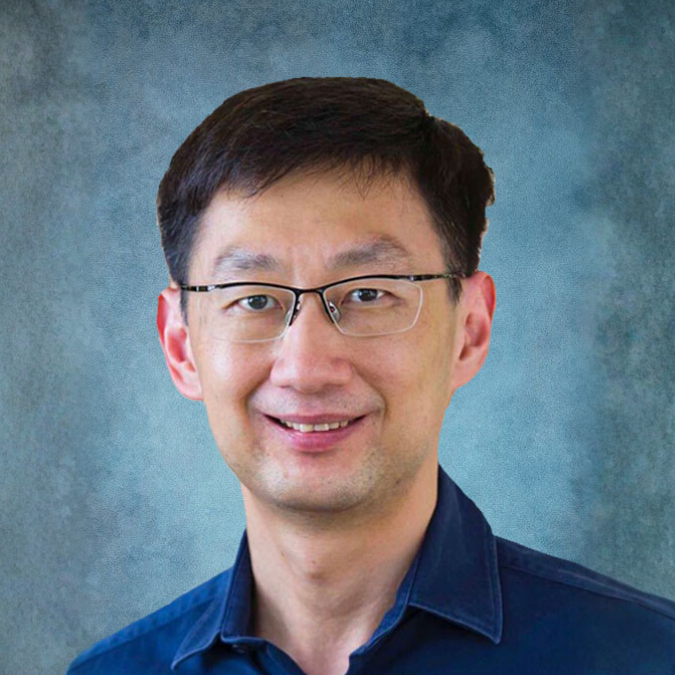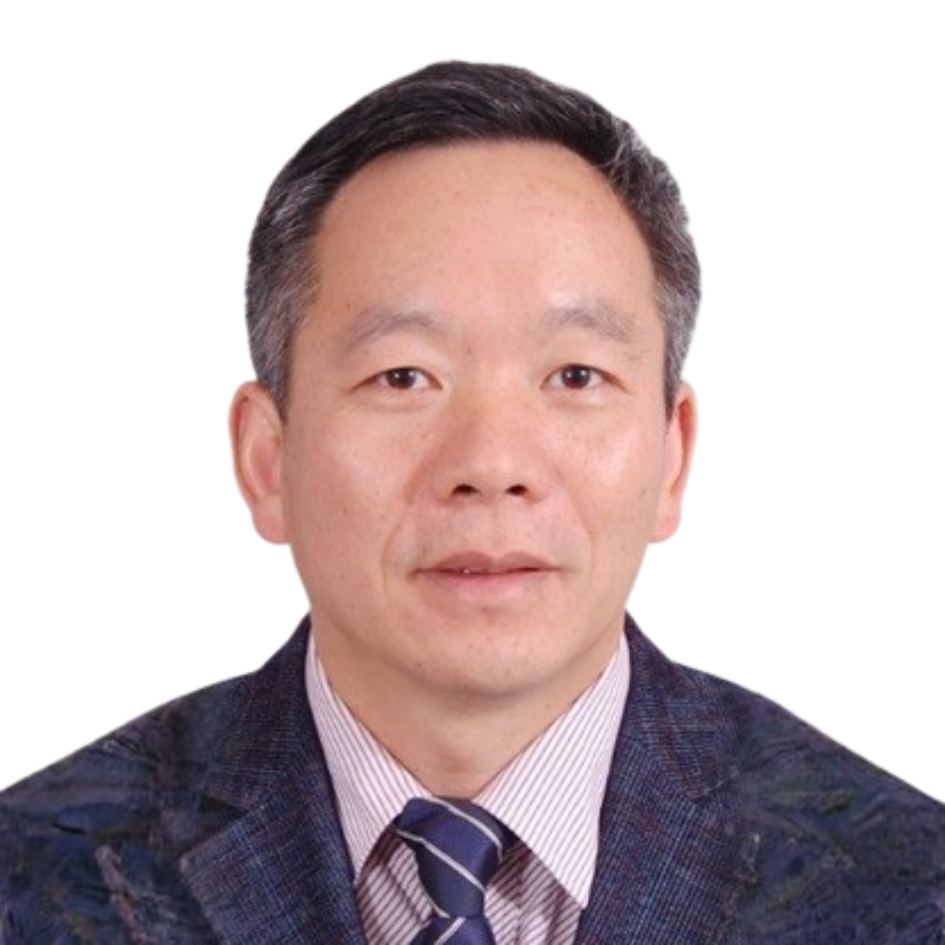Keynote Speakers 2026
Keynote Speaker Ⅰ

Prof. Luiz Moutinho MAE
University of Suffolk, UK
Biography: Professor Luiz Moutinho MAE is world-renowned expert in Futures Research, Emerging Technologies, Neuroscience, and AI & Management. He is the Founding Editor-in-Chief of the Journal of Modelling in Management and edits 5 other journals, as well as being in the editoral boards of another 47. He has given keynote speeches in 63 countries worldwide, having had 41 books published.
Speech Title: Futurist Neuro-robotics
Keynote Speaker Ⅱ

Prof. Huosheng Hu FIET
University of Essex, UK
Biography: Huosheng Hu received his MSc degree in Industrial Automation from Central South University, China, and his PhD degree in Robotics from the University of Oxford, U.K. After conducting robotics research at Oxford for nine years, he joined the School of Computer Science and Electronic Engineering at the University of Essex, United Kingdom, in 1998, was promoted to Professor in October 2002, and became Emeritus Professor in May 2025. His research interests include artificial intelligence, autonomous robotics, human–robot interaction, embedded systems, mechatronics, learning algorithms, and industrial automation.
Prof. Hu has published more than 600 papers in journals, books, and international conferences, earning several Best Paper Awards. His publications have been cited over 22,251 times, with an H-index of 71 (Google Scholar), and he has been recognized among the world's top 2% most cited scholars (2020–2025). He is a Fellow of the Institute of Engineering & Technology, a Fellow of the Institute of Measurement & Control, a Life Senior Member of IEEE, and a founding member of the IEEE Robotics & Automation Society Technical Committee on Networked Robots. Prof. Hu has served as Program Chair and as a member of Advisory and Organizing Committees for numerous international conferences, including IEEE IROS, ICRA, ICMA, and ROBIO. He is currently Executive Editor of the International Journal of Mechatronics and Automation and has previously served as Editor-in-Chief of the International Journal of Automation and Computing and the MDPI Robotics Journal.
Speech Title: The Rise of Embodied AI Robots - An Evolutionary Journey
Keynote Speaker Ⅲ

Prof. Kay Chen Tan FIEEE
Hong Kong Polytechnic University, China
Biography: Kay Chen Tan is currently the Head and Chair Professor (Computational Intelligence) of the Department of Data Science and Artificial Intelligence, The Hong Kong Polytechnic University. He has co-authored eight books and published over 300 peer-reviewed journal articles. Prof. Tan served as the Vice-President (Publications) of the IEEE Computational Intelligence Society, USA, from 2021 to 2024. He was the Editor-in-Chief of IEEE Transactions on Evolutionary Computation from 2015-2020 and IEEE Computational Intelligence Magazine from 2010-2013. Prof. Tan has been invited as a Plenary/Keynote speaker for over 80 international conferences, such as the 2020 IEEE World Congress on Computational Intelligence. He has served as an organizing committee Chair/Co-Chair for over 50 international conferences, including the General Co-Chair of 2019 IEEE Congress on Evolutionary Computation, and the General Co-Chair of 2016 IEEE World Congress on Computational Intelligence, etc.
Prof. Tan has received several research awards, such as the 2024 IEEE Computational Intelligence Magazine Outstanding Paper Awards, the 2020 IEEE Transactions on Cybernetics Outstanding Paper Awards, the 2019 IEEE Computational Intelligence Magazine Outstanding Paper Awards, the 2016 IEEE Transactions on Neural Networks and Learning Systems Outstanding Paper Awards, and the 2012 Outstanding Early Career Award presented by the IEEE Computational Intelligence Society. Prof. Tan is an IEEE Fellow and currently serves as the Chief Co-Editor of the Springer Book Series on Machine Learning: Foundations, Methodologies, and Applications.
Speech Title: Advancing Machine Intelligence via Evolutionary Transfer Learning and Optimization
Keynote Speaker Ⅳ

Prof. Shane Xie FIEEE FEngNZ FRSNZ
University of Leeds, UK
Biography: Prof Shane (Sheng Q) Xie, Ph.D., FRSNZ, FEngNZ, FIEEE, FASME, FIMechE and FAAIA, is the Chair of Robotics and Autonomous Systems and Director of the Rehabilitation Robotics Lab at the University of Leeds, and he was the Director of the Rehabilitation and Medical Robotics Centre at the University of Auckland, New Zealand (NZ, 2002-2016). He has >30 years of research experience in healthcare robotics and exoskeletons. He has published > 500 refereed papers and 8 books in rehabilitation exoskeleton design and control, neuromuscular modelling, and advanced human-robot interaction. He has supervised >15 postdocs, 100 PhDs and 80 MEs in his team with funding of >£30M from five countries since 2003. His team has invented three award-winning rehabilitation exoskeletons. He is an expert in control of exoskeletons, i.e. impedance control, adaptive control, sliding mode control, and iterative learning control strategies. He has received many distinguished awards including the New Zealand Science Challenge Award, the David Bensted Fellowship Award, and the AMP Invention Award. He is an elected Fellow of Royal Society of New Zealand, Fellow of Engineering New Zealand, Fellow of IEEE, ASME, IMechE and AAIA. He was the Technical Editor for IEEE/ASME Transaction on Mechatronics, Associate Editor for Mechatronics Elservier and Editorial member of many top journals in Mechatronics and Robotics.
Speech Title: Advanced Robotics for Effective Stroke Rehabilitation Treatment in a Home Environment
Abstract: Stroke and neurological diseases have significant impact on our society, robotic technologies have shown potential for delivering effective care and presented many opportunities for the healthcare industry. The talk will cover the recent development of robotics for stroke rehabilitation, the research gaps and the need for new technologies in neuroscience, robotics and artificial intelligence. The talk will introduce a EPSRC-funded project on intelligent reconfigurable exoskeletons tailored to meet patients’ needs, deliver effective diagnosis and personalised treatment, and monitored remotely by rehabilitation therapists. Examples of some of the current ongoing research work at the Leeds Centre for Assistive/Rehabilitation Robotics will be presented including peanumatic Peano muscle, DEA, soft exoskeleton, bilaterial robot, neuromuscular and brain computer interfaces. The focus is on the enabling technologies for those whose strength and coordination have been affected by amputation, stroke, spinal cord injury, cerebral palsy and ageing.
